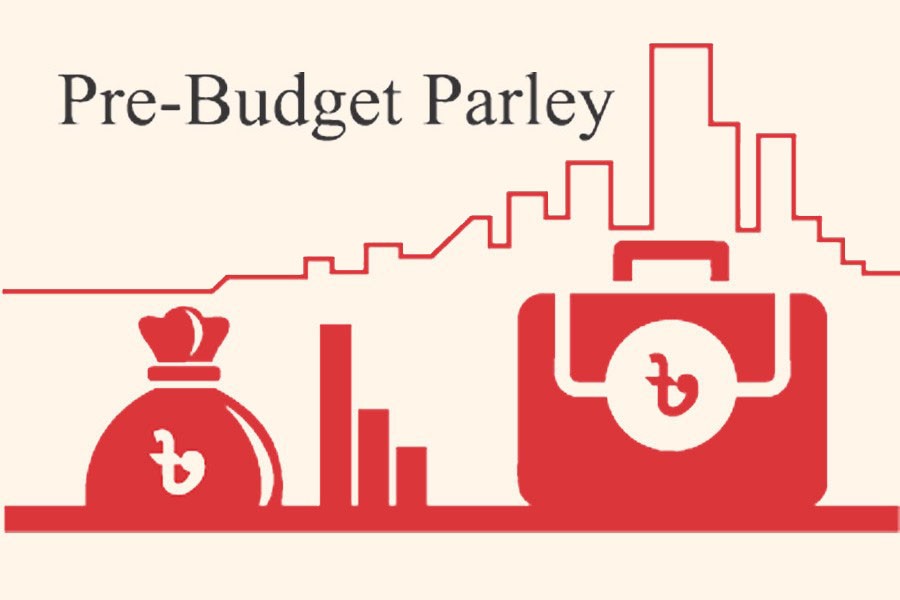It has been a long tradition that pre-budget parleys are held between the government and the various trade bodies obviously with the purpose of imposition and rationalisation of taxes in the ensuring budget if needed. But the discussion seems to be a one-sided affair. Joseph Stiglitz, a celebrated economist and Nobel laureate, shares his experience while he acted as Chairman of the President Clinton's Council of Economic Advisors. His observation is produced verbatim: I observed three almost unfailing principles among those who came to us for help.
First, businesspeople generally oppose subsidies, for everyone but themselves. For their own sector, there were always a host of arguments for why some government help was needed. From unfair competition abroad to an unexpected downturn at home, the stories were endless.
Second, everyone was in favor of competition, in every sector but their own. Again, there were a host of arguments for why competition in their sector would be destructive, or why it needed to be managed carefully.
This is a universal phenomenon to be observed in almost every country, Bangladesh being no exception. For years there have been demands for reduction of the corporate tax. Third, everyone was in favor of openness and transparency, in every sector but their own. In their sector, transparency might lead to unnecessary disturbances, erode its competitive edge and so forth.
For stock exchange, two demands have been found in every year's agenda. Number one is reduction of corporate tax for listed companies and number two is withdrawal of savings certificates. Both have been partly fulfilled. This time there has been unusual move from organisations like BIDA (Formerly Board of Investment) and Export Promotional Zone demanding reduction of corporate tax. From media it has been gathered that the NBR chairman was surprised by such undesirable moves. These organisations are likely to take every possible step to lure foreign investment and set up export-oriented industries. These industries have been set up on the terms and conditions acceptable to them because those favour them overwhelmingly. What further benefits do they require?
The rates of corporate tax ranging between 15 to 25 per cent are compared to developed countries. But one thing is not mentioned that corporations in those countries are required to pay 15 to 20 per cent social security tax. The governments there maintain social safety networks for the aged people who are honoured as senior citizens. So far we are concerned, this type of undertaking is totally absent here. Only such allowances like old-age pension, widow allowance of meagre amount of Tk 500 are paid and the number is unsatisfactory. It is urged that the government provide incentive for boosting export. The government responds positively. But has there been always reciprocity. In the budget 2000-2021 the government allocated Tk 73.20 billion as export incentive.
There has, allegedly, been ghost export against actual payment. The irony is that one gentleman got CIP card against ghost export. Trade bodies are SROS (Self-Regulatory Organisations). They have the responsibility of controlling this kind of kleptocracy and a list should be prepared blacklisting them. In the top free market economy of the world i.e the USA there is a common saying that tax and death you cannot avoid. Our honourable business community may kindly remember this. Let them spend something for the have not's. In the Western countries outstanding position of social works comes from personal foundations and their works spread beyond their own countries. Can we not think of such foundations in our countries, even if a few? There has been a gulf of differences between the rich and the poor. Let the rich share the woes and sufferings of the poor to some extent in the interest of a brighter future of the country.


